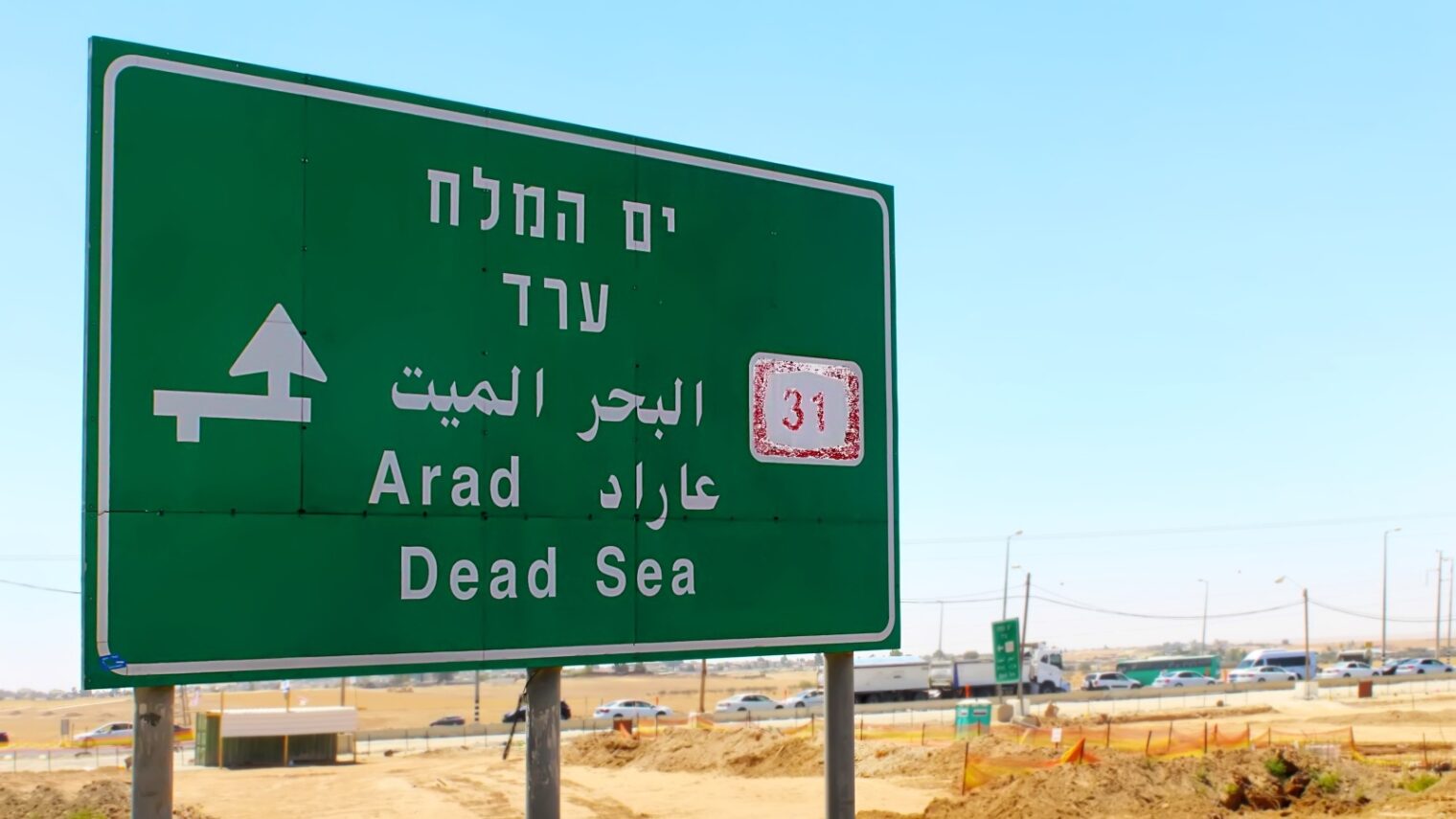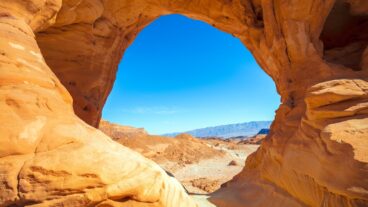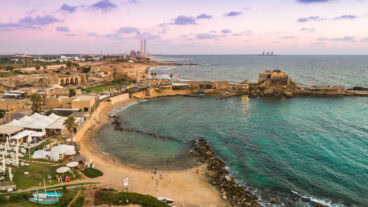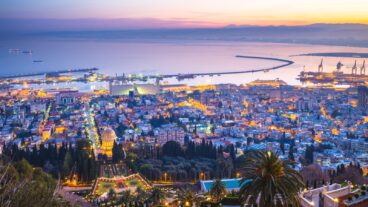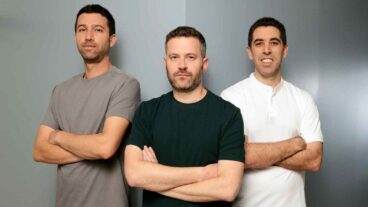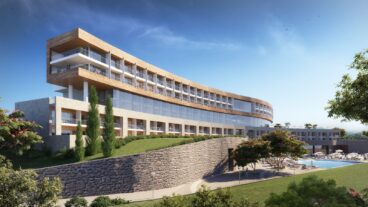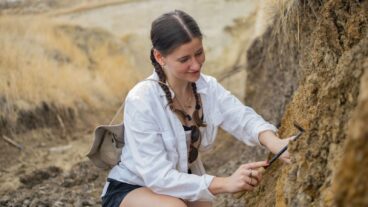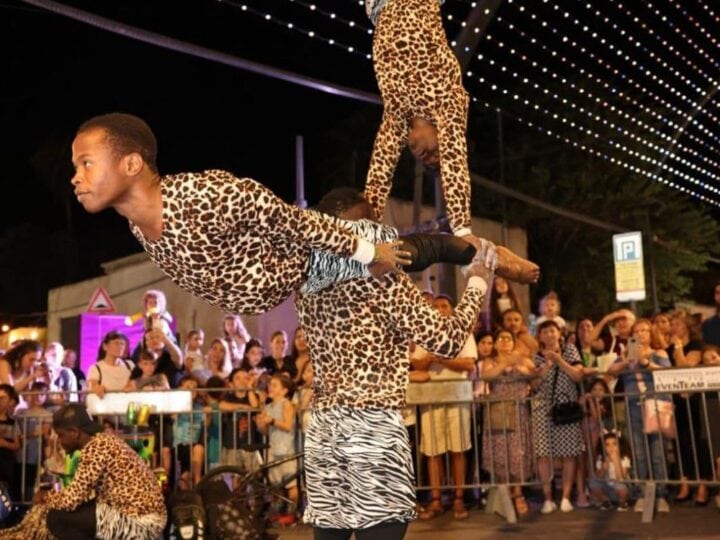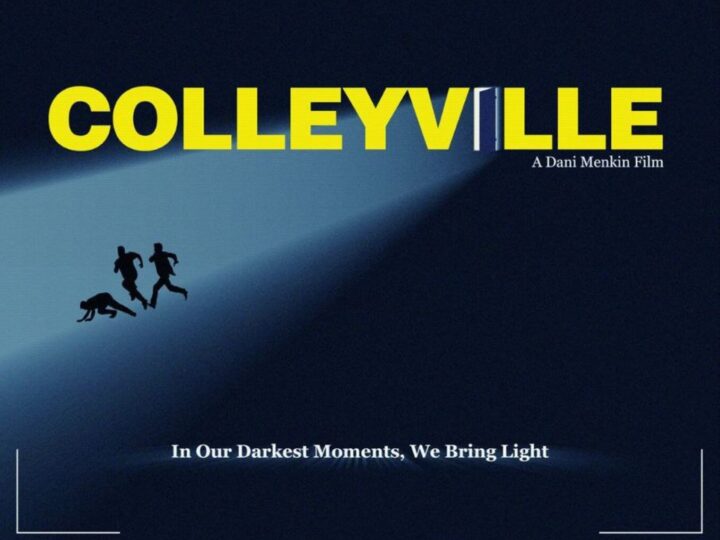For most people, Arad is a dusty town for a quick pit stop on the way to the Dead Sea. For me, it’s a town frozen in time — 1989, to be exact.
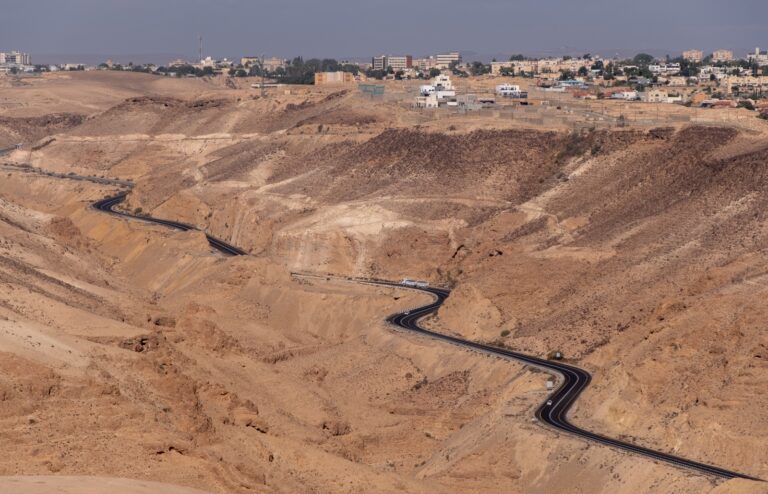
It was then that I spent six months in this southern Israeli town bordering the Negev and
Judean deserts, as part of an international program for postgraduate students (sadly, it nolonger exists).
We were housed in low-rise sand-colored apartment buildings, just a street away from the town square, Arad’s only commercial area. Here we would buy a slice of pizza or a bag of sunflower seeds on which to munch while hanging out and watching Bedouins, Ethiopians and other locals pass by.
Our neighbors were new immigrant Ethiopian families (the Russian wave came a year or two later) whose exotic cooking spices seemed to permeate through the building’s thin walls.
On a Facebook page initiated recently by one of our group far away in Atlanta, many wrote that the six months they spent in Arad were among the best times in their lives.
Arad is only a two-hour drive away from my home. It was time to bring the town from a warmbut distant memory into the present.
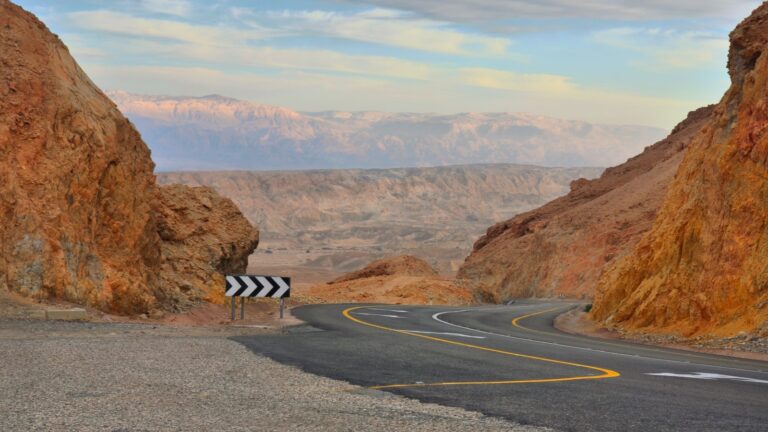
Caffeine fix
In 1989, we survived on strong Turkish (botz) coffee or latte accompanied by rugelach from the bakery on the square. Now there’s Studio Coffee in Arad’s Artists Quarter (also a new addition), which would not be out of place in the hip Tel Aviv neighborhood of Florentin.
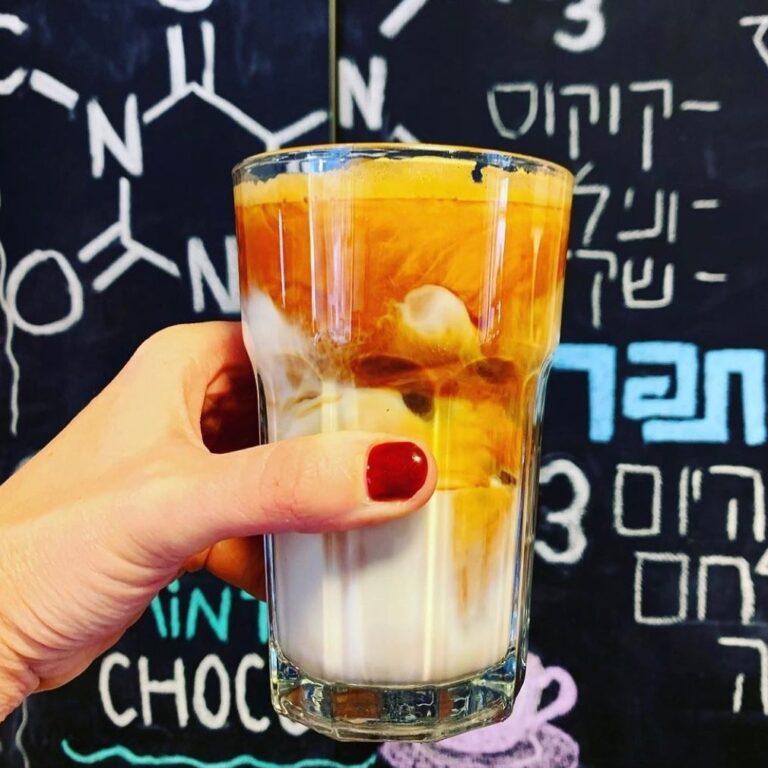
The cafe was opened five years ago by Cincinnati-born Anna Lane, who studied the art of coffee with a roasting master in Korea.
Today’s special blend is written up in chalk: it’s Colombian/Ethiopian Yirgacheffe, rated as one of the highest quality Arabica coffees in the world. There’s also chilled chai, matcha or rose latte or a lemon/ginger elixir.
Everything on the menu at Studio Coffee is baked from scratch, Lane tells ISRAEL21c. A specialty is Keto cookies that come in a variety of flavors (chocolate orange, Twix, cheesecake, chocolate mousse and more).
On the morning of our visit there are a few customers at work on laptops; a mother and baby (a table for drawing and a basket of toys is in one corner); and at a large table, Stitch ‘n Bitch, a knitting group established by former American, Rony Chadowitz, who settled in Arad a year ago.
Wellness
Wellness wasn’t a buzzword in the ‘80s. We simply knew Arad, at 360 meters (1186 ft) above sea level, had the best air in the country. After all, the famous Israeli novelist Amoz Oz moved his family here so that his son’s asthma could improve.
Mindfulness was then intuitive and our place to practice it was the Moab Lookout at sunset.
Here you can still relax next to Igael Tumarkin’s monumental white sculpture and take in the spectacular panoramic desert view.
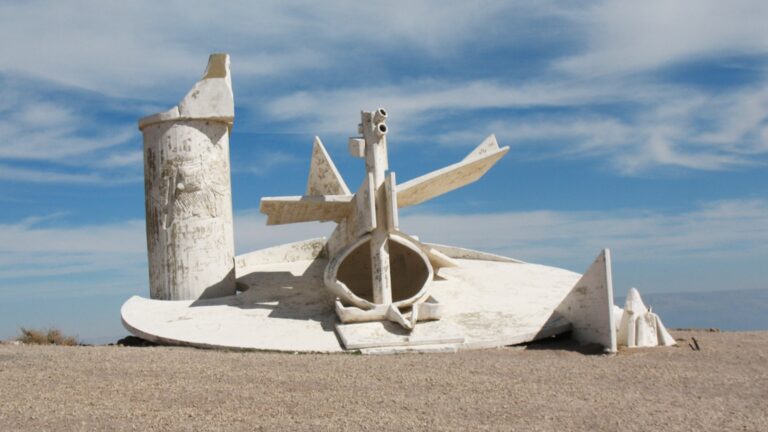
Today, there are many wellness practitioners in Arad. Try Watsu (Japanese underwater
therapy) at Shamayim B’Mayim (Heaven in Water); a meditation and movement circle at Roots Center or connecting to the desert wilderness on a medicinal herb tour with anthropologist Yonat Mordoch.
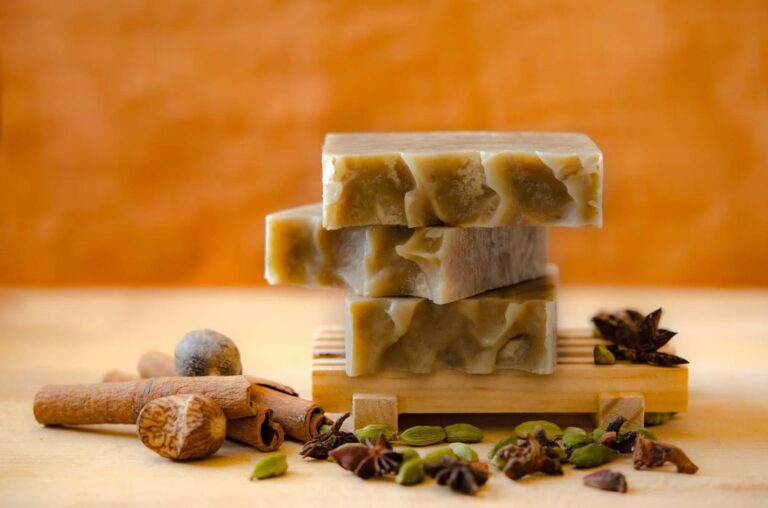
At Mordoch’s Yonat Midbar studio in the Artists Quarter, she holds candle-making and natural cosmetics workshops and sells products such as vegan candles (no beeswax) and natural deodorant.
A winery… or 2 or 3
Three wineries have opened in Arad over the last years: Tsoof, Yatir and Midbar. I visited Midbar Winery in the Artists Quarter.
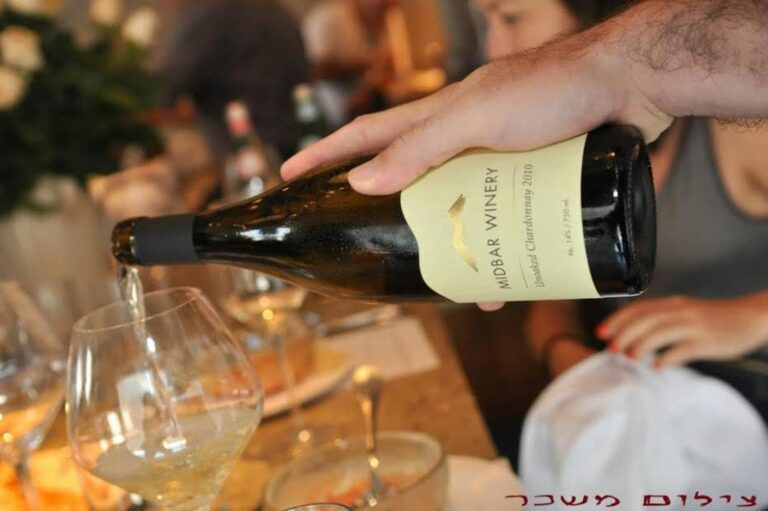
Midbar produces red and white wines from grapes that grow in Mitzpeh Ramon’s desert
climate. The winery also hosts tastings and offers the possibility of arranging a pairing of Midbar wines with a chef meal from Guy Pistrov, who grew up in Arad and after a culinary career abroad came back to his hometown.
Arad also has an artisanal beer brewery these days: Sheeta, also in the Artists Quarter, founded by Lithuanian-born Jean Torgovsky.
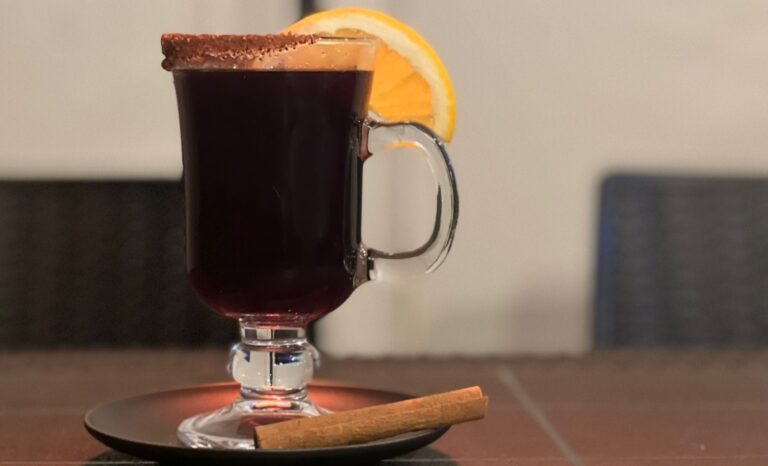
What started as a hobby has turned into an award-winning range of craft beers, such as wheat beer, stout, IPA and fun flavors that change according to the season (in summer he makes raspberry beer).
Nature
Back then we just took off into the desert. Today, Arad is part of the Israel Trail, inaugurated in 1995, which stretches over 970 kilometers from north to south. There are 15 hiking trails out of the town and a marked bicycle trail from Arad to Masada.
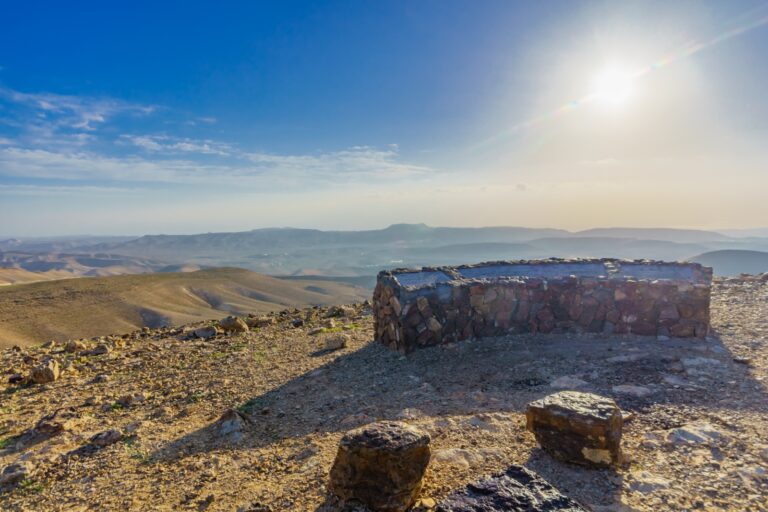
Nightlife and entertainment
I was happy to discover that Muza, our local hangout for fries, pizza and beer, still exists. But the once simple neighborhood pub is now located at the entrance to the city, next to the Alon gas station.
It has a more international feel these days with a wall of soccer club flags from around the world and a menu that includes pasta, soups and Asian dishes.
Another Arad nightlife option these days is the beer garden at Sheeta Brewery, which operates from Wednesday to Saturday and has the occasional live music performance.
The large Oron Cinema, at one side of the square, where we watched “Indiana Jones” and “Batman,” was abandoned for many years, but is now undergoing renovation and will soon reopen.
Art
The Arad Contemporary Art Center opened in 2016. Besides being an exhibition space it also runs a contemporary art residency program that attracts both local and foreign artists.
Restaurants
The quest for authentic cuisine is far more prevalent today than it was in the 1980s. Arad has taken advantage of its diverse population to offer home hospitality experiences. Some of these are culinary and include a Persian feast, Tunisian couscous workshop, Yemini cuisine and more.
Kaparuchka is a new discovery, tucked away in one of Arad’s residential neighborhoods. This cute restaurant serves thin-crust pizza, calzone and focaccia baked in an Italian brick oven, plus salads and desserts.
Hotels
Family members from abroad didn’t usually opt to stay in Arad when visiting but went to a luxury hotel at the Dead Sea. In those days, Arad’s only accommodation was at the youth hostel or the Inbar hotel.
Now there is the Yehelim boutique hotel, and glamping options. Soon, Midbar by 7 Minds (now owned by Fattal Hotel Group) and WCG’s Roxon Desert Arad will give Arad some high-end vacation options.
Who’s in the ‘hood
Arad’s population has grown to 30,000 and it achieved city status in 1995. Joining the
original population are many immigrants from the former Soviet Union and also Gur
Hasidim, who make up 20 percent of the population, according to Elli Shashua, head of
Arad Tourism Department.
“Arad fell into a coma for many years and now we are back, ready to offer our special
and unique desert tourism – local, authentic and relaxed,” Shashua tells ISRAEL21c.
It won’t take me 30-plus years to come back, I promise myself.
Read more about what to do in Arad here.




